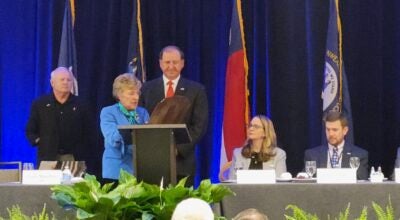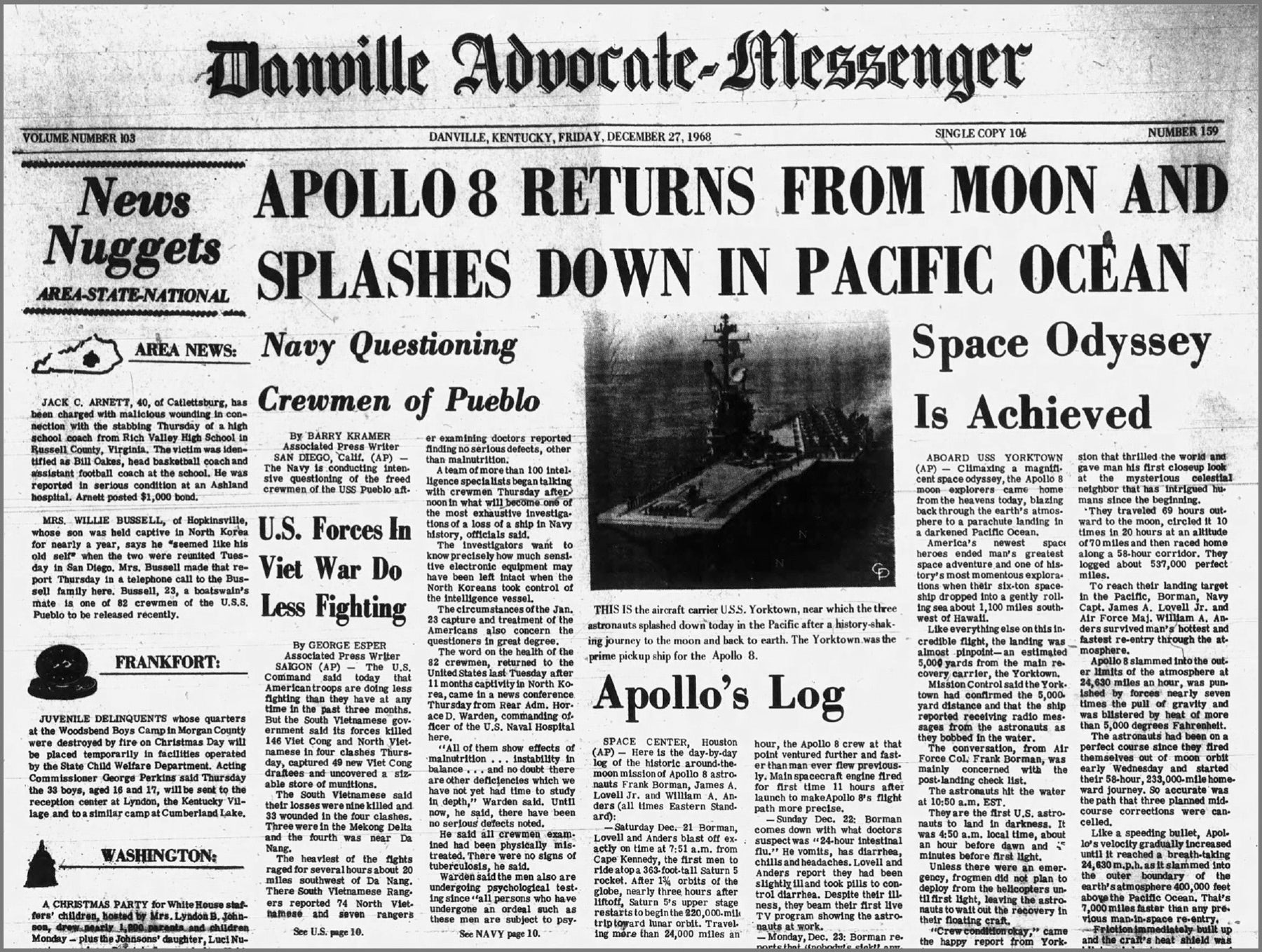To Your Good Health: Will a return to normal include weak immune systems?
Published 11:16 am Tuesday, April 13, 2021

DEAR DR. ROACH: With all the masks, hand-washing, sanitizing and social distancing, will we all have weak immune systems when life goes back to normal? — J.D.H.
ANSWER: No. The immune system remembers pathogens for life, and constant exposure to germs is not necessary for the immune system to function correctly.
The “hygiene hypothesis” suggests that excess cleanliness is responsible for immune system dysregulation, leading to conditions such as asthma and autoimmune disease. While it may be true that exposure to “friendly” bacteria is beneficial in reducing the risk of asthma and other conditions, exposure to dangerous bacteria increases the risk of infection and probably does not have any benefit. Exposure to some viruses, such as rhinovirus, seems to increase the risk of asthma.
I do wonder what “normal” is going to look like after the pandemic is under control. Judging from the experience in other countries with viral pandemics, I expect to see more people wearing masks to prevent sickness during flu season. I do not think that this will have adverse effects on the immune system, but it will be a societal change.
DEAR DR. ROACH: I am 75 years old and was planning to get the COVID vaccine when I can. I have been taking anastrozole for almost five years and have had a few people tell me that I should not get the vaccine because of this. Your thoughts? — W.N.S.
ANSWER: Beware of what some people tell you. The people who matter are your regular doctor and your oncologist.
Many people with autoimmune diseases or serious immune system problems, such as cancer and its treatment, are concerned about getting the COVID-19 vaccine. Some vaccines are made with live but weakened strains. These can be dangerous when used by people with very weakened immune systems. However, the vaccines available for use at the time of this writing are mRNA vaccines made by Pfizer and Moderna, and the Johnson & Johnson vaccine. These are not risky, as none are live vaccines. They may not work quite as well, especially immediately after some types of chemotherapy. While I can say from what you have told me that the vaccine should be OK, you need to check with your doctors for confirmation.
DEAR DR. ROACH: Conflicting advice is circulating about whether taking NSAIDs after the vaccine will reduce immunity. For those who want the anti-inflammatory action of NSAIDs for muscle and joint pain, is it safe to take them? If not, how long after the second shot should one wait before taking them again? — R.J.
ANSWER: Many people are concerned that taking nonsteroidal anti-inflammatory drugs such as ibuprofen will reduce the effectiveness of the vaccine. Previous studies have shown that pretreatment with these medications can reduce the antibodies induced by the vaccine.
It is not clear that this will make the vaccine significantly less effective. However, to be safe, don’t take Tylenol or an anti-inflammatory BEFORE vaccination. If symptoms develop after vaccination, it is OK to take these medicines to relieve your symptoms. It is safe to restart your anti-inflammatories hours after the vaccine.
* * *
Dr. Roach regrets that he is unable to answer individual letters, but will incorporate them in the column whenever possible. Readers may email questions to ToYourGoodHealth@med.cornell.edu or send mail to 628 Virginia Dr., Orlando, FL 32803.
(c) 2021 North America Syndicate Inc.
All Rights Reserved






